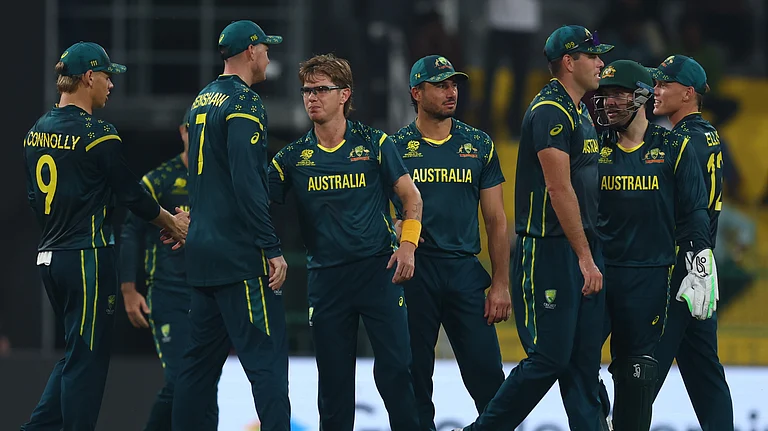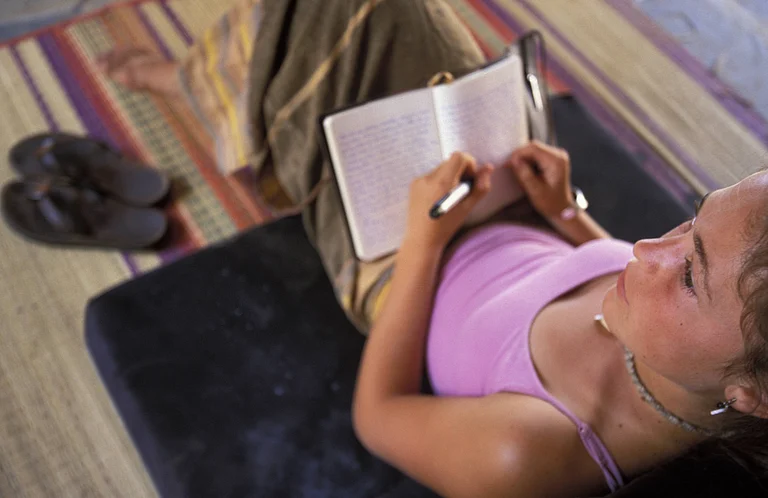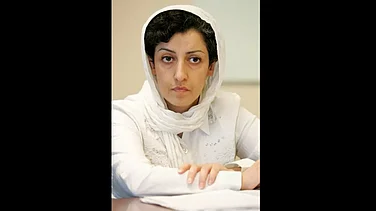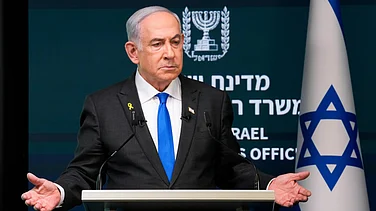The Taliban have waged a systematic assault on the freedom of Afghanistan's people, including women and girls experiencing “immeasurably cruel” oppression, the UN's human rights chief said Tuesday.
United Nations High Commissioner for Human Rights Volker Turk said that human rights are in a state of collapse in Afghanistan more than two years after the Taliban returned to power and stripped back institutional protections at all levels. He urged UN member states to help fill the void.
“The shocking level of oppression of Afghan women and girls is immeasurably cruel,” Turk said during a meeting of the UN Human Rights Council in Geneva
“Afghanistan has set a devastating precedent as the only country in the world where women and girls are denied access to secondary and higher education.”
The Taliban regained control of Afghanistan on August 15, 2021, as US and NATO forces withdrew from the country after more than two decades of war. They initially promised a more moderate approach than during they during their previous rule from 1996 to 2001 but gradually reimposed their harsh interpretation of Islamic law, or Sharia.
Along with excluding girls and women from education beyond sixth grade, most forms of employment and many public spaces, the Taliban have harassed or beaten women at checkpoints for failing to wear a hijab, or Islamic headscarf, according to a report Turk presented to the Human Rights Council. They have ordered women to return home from markets for shopping without a male guardian.
With female lawyers and judges excluded from working or practicing law, women and girls have less ability to obtain legal representation and access to justice, the report stated.
The Taliban edicts have prompted an international outcry. But officials, including the supreme leader Hibatullah Akhundzada, have told other countries to stop interfering in Afghanistan's internal affairs.
Nobody from the Taliban was immediately available for comment on the UN report. (AP) SCY
SCY


























